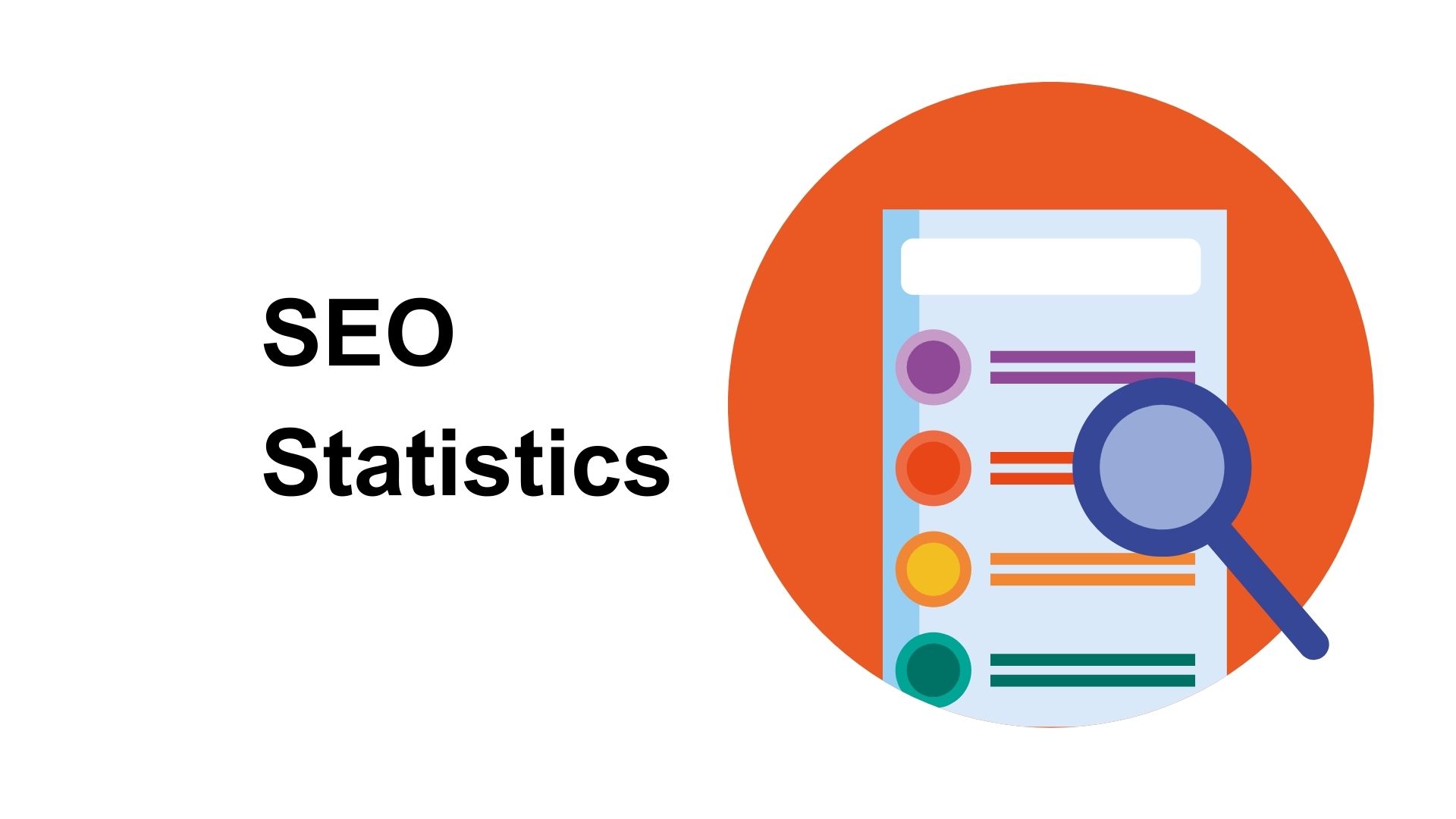Oracle + Siebel = CRM Consolidation
The $5.85 billion acquisition bid of CRM by database big shot Oracle is a reunion of sorts for its two famous founders, Tom Siebel and Larry Ellison.
It remains to be seen whether the two billionaires will be able to maintain a leadership role, and its customers, in the enterprise application arena if and when the deal closes next year.
The acquisition renews the debate over best-of-breed versus integrated software suites, and which is the better option for businesses around the world. It also heightens the pace of consolidation in the software industry, following Oracle's acquisition of PeopleSoft.
Ellison said in a conference call Monday that he believes Siebel will work at Oracle for a number of years. If so, it marks Siebel's return to the Oracle fold after leaving the company in 1990.
Jeffrey Walker, founder and CTO of application development tool vendor TenFold, wouldn't say under what terms Siebel left the database giant, but did say Ellison doesn't like to see any of his executives leave.
Walker filled a number of senior executive jobs at Oracle when Ellison and Siebel were on the team together in the mid- to late-1980s. If he could see anyone as a successor to Ellison's Oracle it would have to be Siebel, he said, so he's glad to see the two are on friendly terms again.
“If you think about it, these are two guys that are two of about four or five entrepreneurial CEOs in the software industry and so similar in their styles, it's interesting to have them back at the same company,” he said. “It will be interesting to watch and see how it unfolds.”
The rest of the software industry is watching, too. Oracle now has three CRM platforms under its belt — Oracle, PeopleSoft and Siebel — each with its own customer base who expect to see consistent feature updates, support and attention.
Oracle's vision for enterprise applications rests on Project Fusion, the company's promise to deliver support for PeopleSoft and J.D. Edwards customers while working on a next-generation merged product.
With the addition of Siebel, Oracle now has to worry about keeping Siebel customers happy. Janet White, an analyst from the Info-Tech Research Group, said it's a plan that could backfire.
“Oracle is an applications company and it only makes sense that they will want to eventually move acquired customers over to their technology stack,” she said in a statement. “But how much time will Oracle really have to integrate its existing portfolio, or create innovative new products, when it has to spend most of its time maintaining disparate, monolithic systems acquired through its recent acquisitions of PeopleSoft, JD Edwards and now Siebel?”
Siebel customers might decide to bolt and go with another company focusing on CRM, particularly hosted CRM providers like salesforce.com Walker points out that Oracle — while maintaining and promoting its own flagship database product — also still supports and upgrades a lesser-known database bought by the company 12 years ago — Rdb, now at version 7.1. In a statement released after the Oracle announcement Monday, RightNow Technologies CEO Greg Gianforte said traditional enterprise software vendors have been struggling to deal with customer satisfaction problems. “Consolidation may well be the only way for the ‘old guard' of enterprise software to grab market share since software purchasing clearly continues to shift to on-demand vendors,” he said in a statement. “Siebel tried to make the transition to on-demand, but were late to the party. These old guard application vendors including Siebel, Oracle and SAP have struggled with customer satisfaction and I don't see how this move will help solve this problem.” While competitors might get some short-term defectors from skittish Siebel customers and aggressive migration deals, Oracle's acquisition is very much a long-term proposition, said Simon Hayward, vice president and Gartner Fellow at research firm Gartner. “It gives Oracle more critical mass both in terms of customers, engineering skills and resources,” he said. “Over the long term it looks to potentially put Oracle in a stronger position, provided it doesn't trip over its own shoe laces.” Hayward doesn't expect the acquisition to spook primary CRM rival SAP into buying up a CRM player itself; the Germany-based company, he said, will stick with its homegrown application.or RightNow Technologies, she stated, rather than deal with Oracle.
